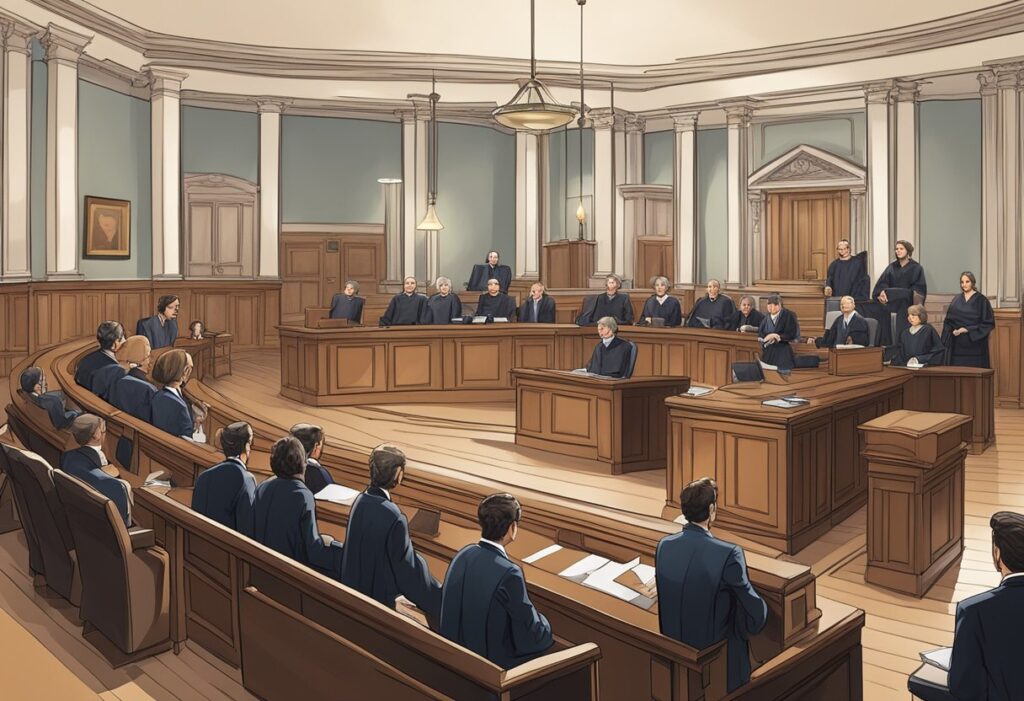So you’ve achieved an arbitral award – now what? This brief analysis article discusses the power of the arbitral tribunal to correct or interpret an award on its own or at the parties’ initiative, the grounds for challenging and setting aside awards, the levels of appeal, the requirements for recognition and enforcement of domestic and foreign awards, and the time limits for enforcement of arbitral awards.
Most institutional rules grant tribunals a limited amount of time to correct or interpret minor clerical, typographical, or computational errors. The Federal Arbitration Act (FAA) section 11 vests district courts with the power to modify or correct the award where it contained a material miscalculation or mistake, where it ruled upon a matter outside of the tribunal’s jurisdiction, or where it is imperfect in a matter of form not affecting the merits of the controversy.
Under FAA section 10, awards may be vacated where the award was procured by corruption, fraud, or undue means, there was evident partiality of the arbitrators, the arbitrators were guilty of misconduct, or the arbitrators exceeded their powers, or so imperfectly executed them that a mutual, final and definite award upon the subject matter submitted was not made. Some courts have interpreted the arbitrators’ ‘excess of powers’ to permit vacatur on the basis that the tribunal acted in ‘manifest disregard of the law.’ However, these decisions are outliers.
Normally, arbitral awards themselves are not subject to appeal on the merits by courts or arbitral institutions. Nevertheless, parties to AAA, CPR, or JAMS arbitrations may opt-in to those institutions’ appeal procedures. Court orders with respect to confirmation, vacatur, or recognition and enforcement of awards are subject to the normal appeal procedures of US litigation.
Courts generally uphold arbitration awards in line with the United States’ strong public policy in favor of arbitration. Awards made by US-seated tribunals may be recognized and enforced (i.e., confirmed) by any court agreed upon by the parties or, in the absence of such agreement, by a court sitting in the district in which the arbitration agreement was made, provided no ground for vacatur or modification exists under sections 10 or 11 of the FAA. For foreign-seated arbitrations, the FAA incorporates the grounds for denial of recognition and enforcement of awards set forth in the New York and Panama Conventions.
A petition to confirm a domestic arbitral award ‘may’ be filed within one year of the date of the award. For foreign awards, a petition to confirm must be filed within three years. The FAA provides a three-month limit for motions to vacate, modify, or correct an award.
Citing concerns for international comity, US courts usually do not enforce foreign awards set aside by the courts at the place of arbitration.








